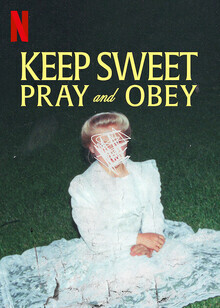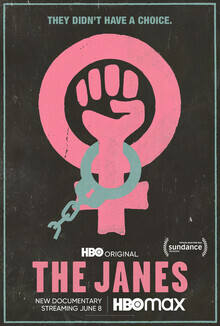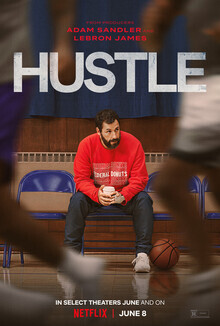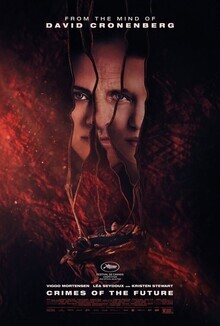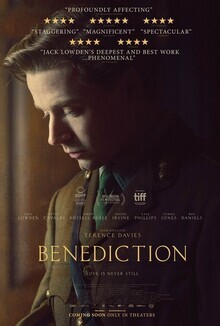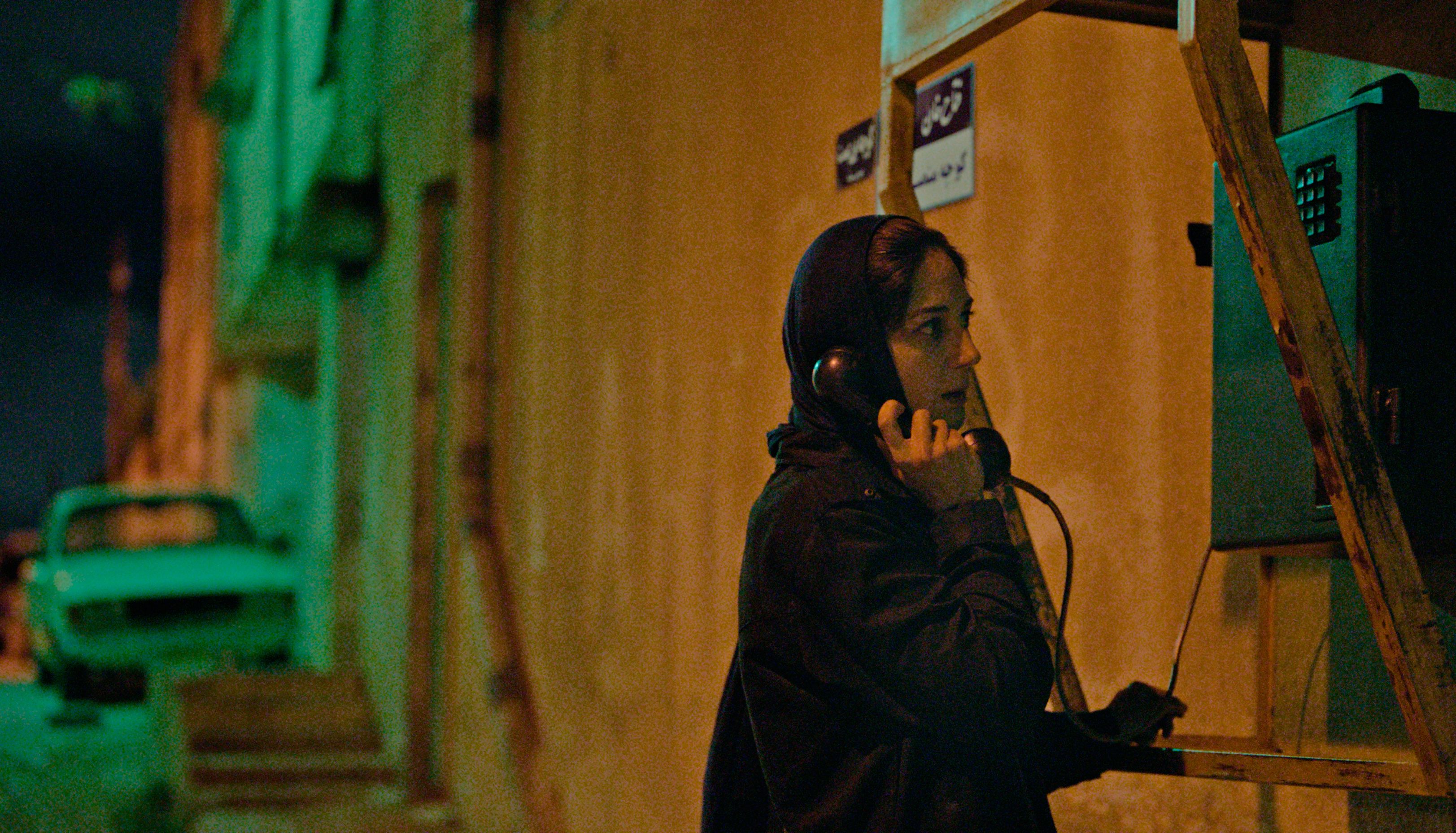
Right from its prologue, it's apparent that "Holy Spider" is dramatically different from most films set in Iran. And to be clear, despite that setting, this Danish-German-Swedish-French co-production was filmed in Jordan. But nudity in the opening shot? A raunchy sex scene—albeit heard in the background, not seen—while the camera establishes the time period by showing a TV news report about 9/11? What looks like a hardcore image of oral sex? And all of this followed by the character we're watching, a sex worker, getting graphically choked to death?
No, "Holy Spider" is not in any sense a movie that would have made it past censors in Iran, but it is inspired by a real case from the country. Roughly 20 years ago, in the city of Mashhad, a serial killer murdered 16 women, typically sex workers. In the movie, Sharifi (Arash Ashtiani), a crime reporter who has taken Zodiac-like calls from the killer, says the murderer resents even being called that. The culprit believes he's not a murderer; he sees himself as "waging a jihad against vice," Sharifi says.
Much of "Holy Spider" splits its time between two perspectives. Rahimi (Zar Amir Ebrahimi) is a female journalist who was fired and subsequently stigmatized for reporting sexual harassment by her boss. She's also simply a woman in Iran, which means she has barely arrived in Mashhad before she is hassled at a hotel for trying to stay there alone. Rahimi believes there's a conspiracy surrounding the investigation, in the sense that the cops don't particularly mind that someone is killing sex workers. The reason they haven't found any clues is that they aren't looking. Rahimi teams up with Sharifi to learn more.
But we as viewers already know who the killer is, because "Holy Spider" gives the other half of its time to the murderer himself, Saeed (Mehdi Bajestani), who continues his spree during breaks from being a seemingly capable father and husband. (In one of more sensationalist interludes, he and his wife have sex while the body of one of his victims is lying nearby, rolled up in a carpet.) By design, there's no mystery here. Indeed, when Rahimi goes undercover, it takes shockingly little time for the killer to find her.
You would never guess that "Holy Spider" comes from Ali Abbasi, the Iranian-born director who made "Border," the Swedish-Danish fantasy movie from 2018. The filmmaking itself hews to a fairly pedestrian crime movie style. The film's force comes almost entirely from its moral outrage. Saeed's family members barely bat an eye at his actions, and the movie ends, chillingly, with the killer character's son offering a defense of his father's efficiency in ridding society of "corrupt women." "Holy Spider" is not a great movie, but it is an appropriately sickening one.
In French, Valeria Bruni Tedeschi's "Forever Young" is being called "Les Amandiers," a better title, since it is inspired by Bruni Tedeschi's experiences in the 1980s training as an actress at the Théâtre des Amandiers, just outside of Paris. And maybe chalk it up to the youthful energy of the cast—Nadia Tereszkiewicz plays the lead, Stella, seemingly Bruni Tedeschi's surrogate—but the movie races from one breakthrough to another. Stella and her friends have barely made the cut to join the school when they're suddenly in New York to train at the Lee Strasberg Theatre & Film Institute. They are just as suddenly back in France again. Drugs enter the picture almost immediately, and Stella's boyfriend, Etienne (Sofiane Bennacer), endures a long and predictable decline from heroin.
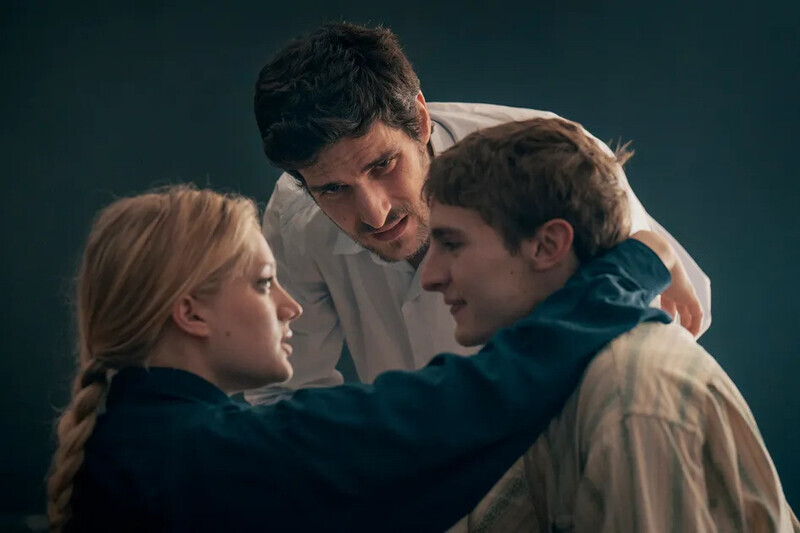
Of more interest is Louis Garrel's turn as Patrice Chéreau, the real-life stage and screen director ("Intimacy") who died in 2013. In the movie, Chéreau casts this troupe in Chekhov's "Platonov," hoping his young actors will bring interesting inflections to an early Chekhov play. "Forever Young" sometimes seems to view its own characters through the rosy tint of nostalgia. At the beginning, when a group of 40 aspiring actors is being whittled to 12, none of the major characters fails to make the cut. There's surprisingly little infighting over parts. But the jaunty tone turns glib when the actors, who have all fallen into bed with one another, have a collective AIDS scare. But "Forever Young" is the sort of sprawling seriocomedy in which that level of terror barely causes a ripple.
Charlotte Wells's "Aftersun" has already become one of the most talked-about films in the festival's Critics' Week section, which shows first and second features. On paper, this British film, which counts Barry Jenkins and Adele Romanski among its producers, sounds familiar. It follows an 11-year-old (Frankie Corio) and her father (Paul Mescal), who is so young he is at one point mistaken for her brother, on a short vacation, before she returns to live with her mother.
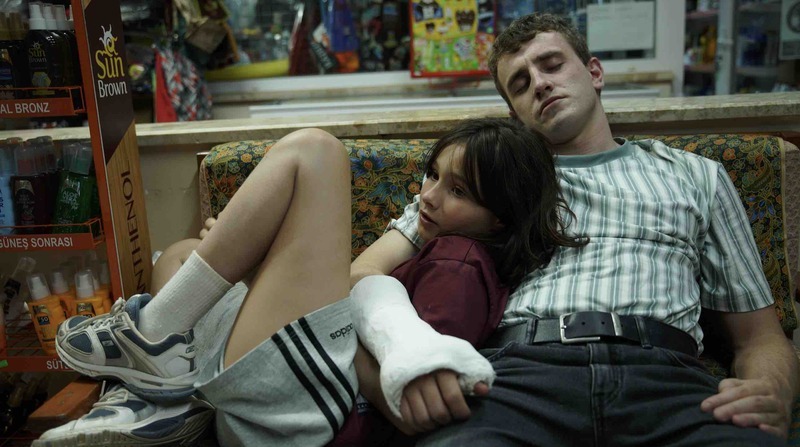
But what makes the film special has nothing to do with story and everything to do with how Wells has broken down the push-pull dynamic between father and daughter into poetic, thoroughly cinematic moments. The father is as capable of mutedly creating a safe space for his daughter—while they're out on the water, in long shot, he tells her she can confide anything him—as he is of total abandonment, as when he peevishly refuses to join her for karaoke and leaves her floundering with R.E.M. before a sizable audience. She also has to fend for herself the rest of the night without a room key. And while Bowie and Queen's "Under Pressure" is arguably overused in movies, you've never seen it used quite this way, with strobe effects that allow an older version of the daughter to dance with her father across time.
Ben Kenigsberg is a frequent contributor to The New York Times. He edited the film section of Time Out Chicago from 2011 to 2013 and served as a staff critic for the magazine beginning in 2006.
